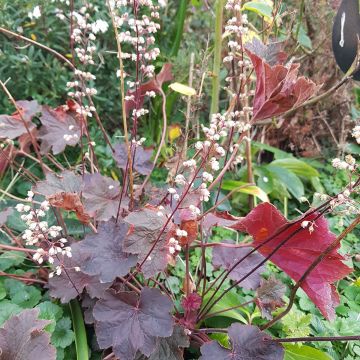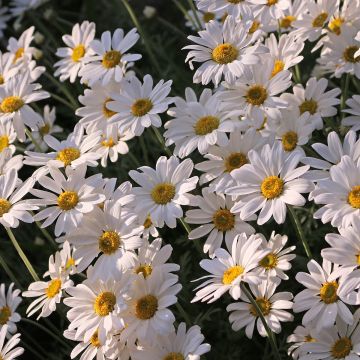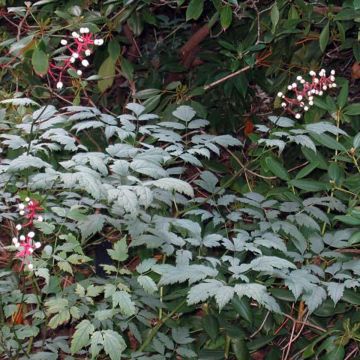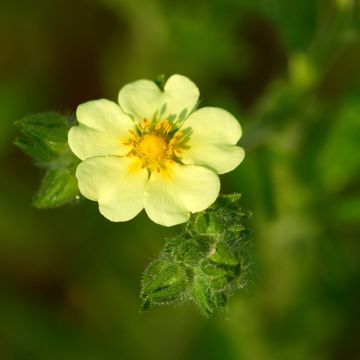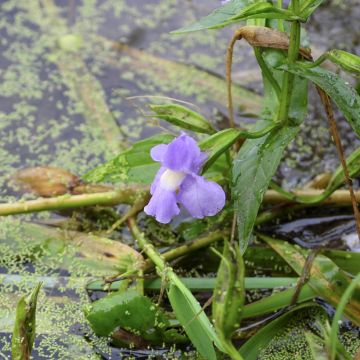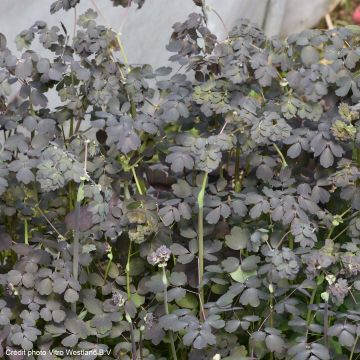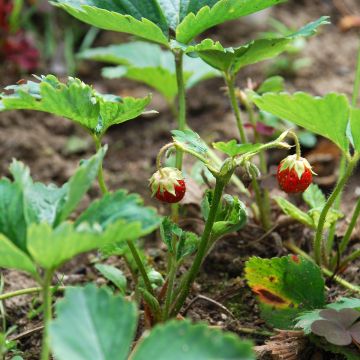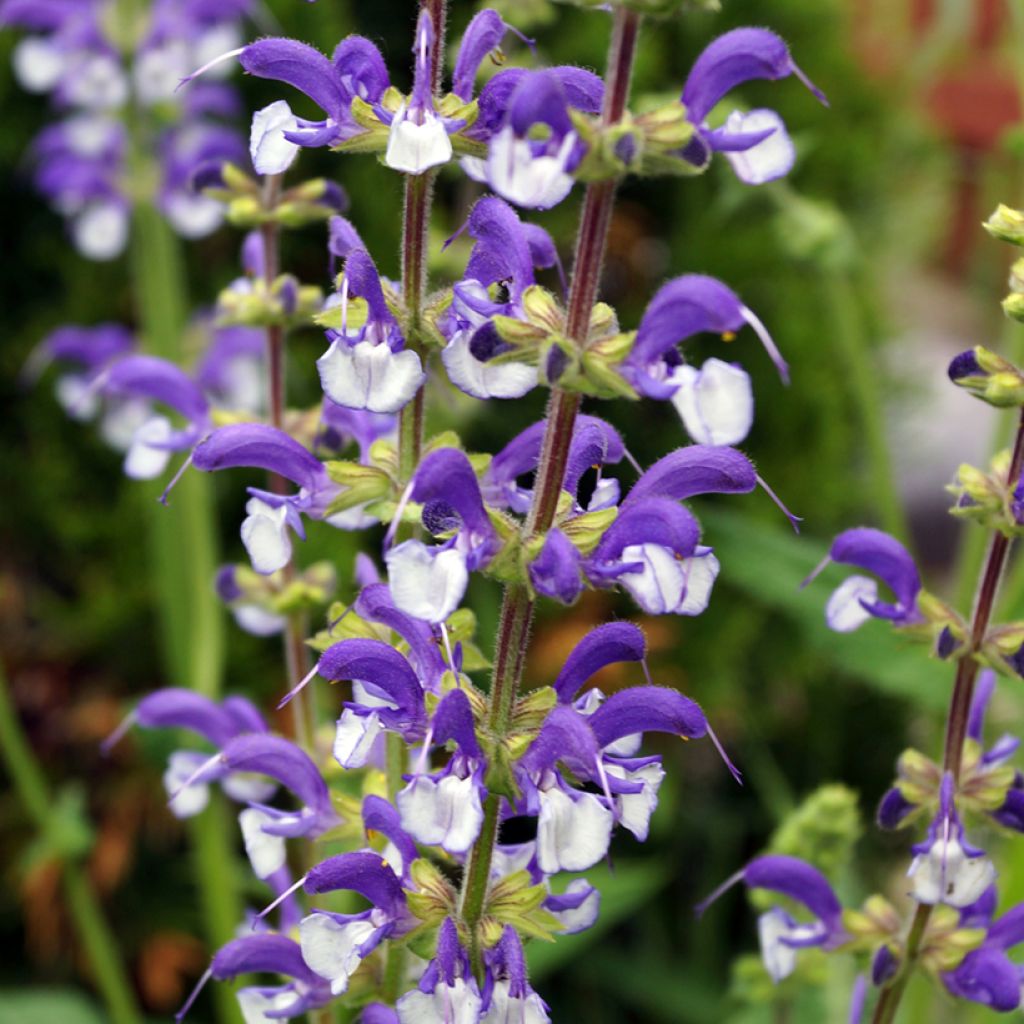

Salvia pratensis Madeline - Meadow Sage
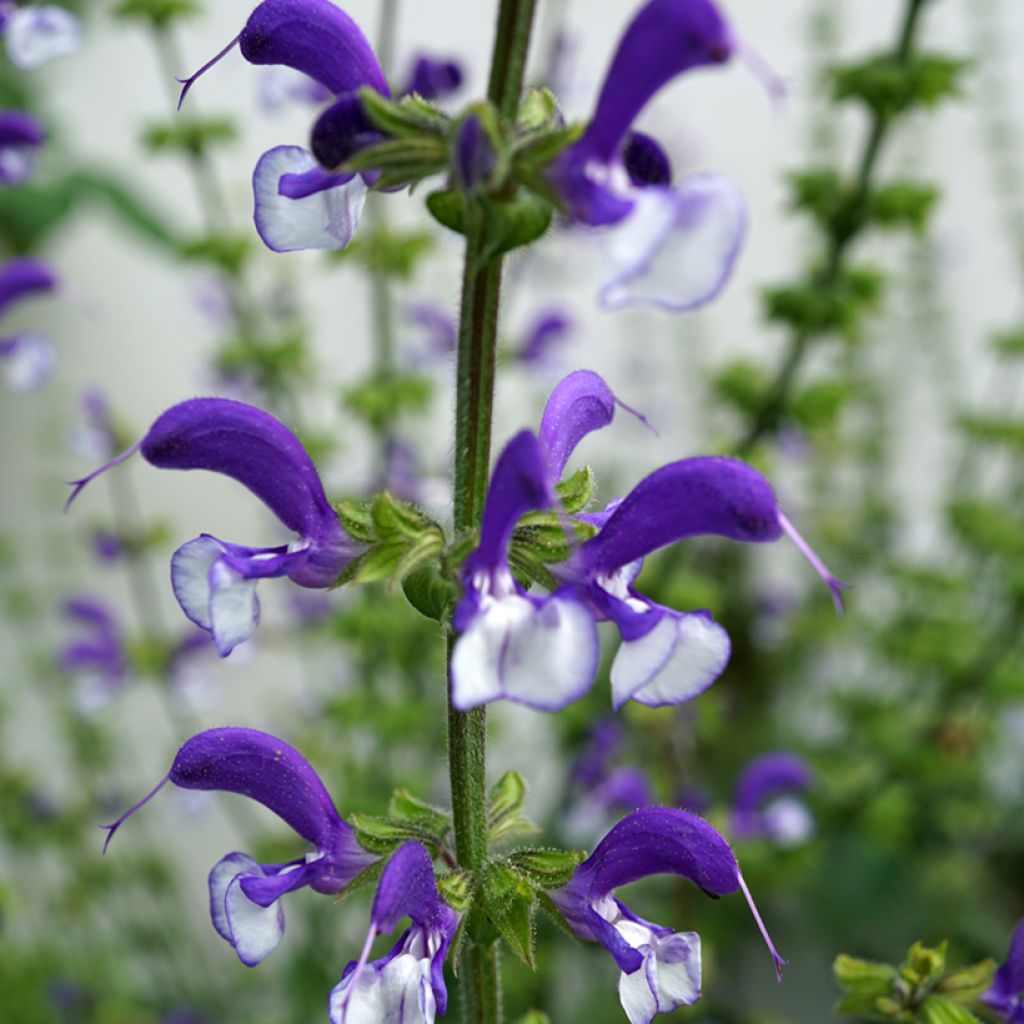

Salvia pratensis Madeline - Meadow Sage
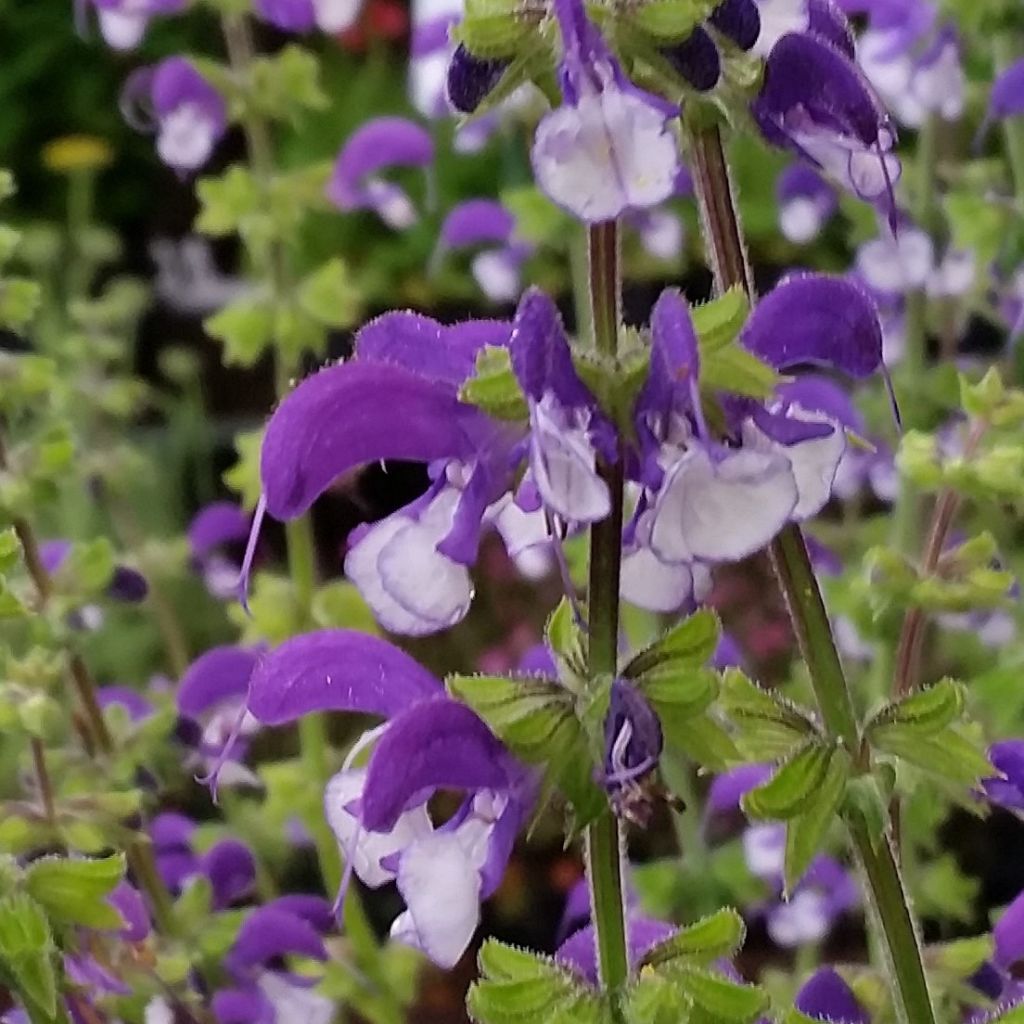

Salvia pratensis Madeline - Meadow Sage
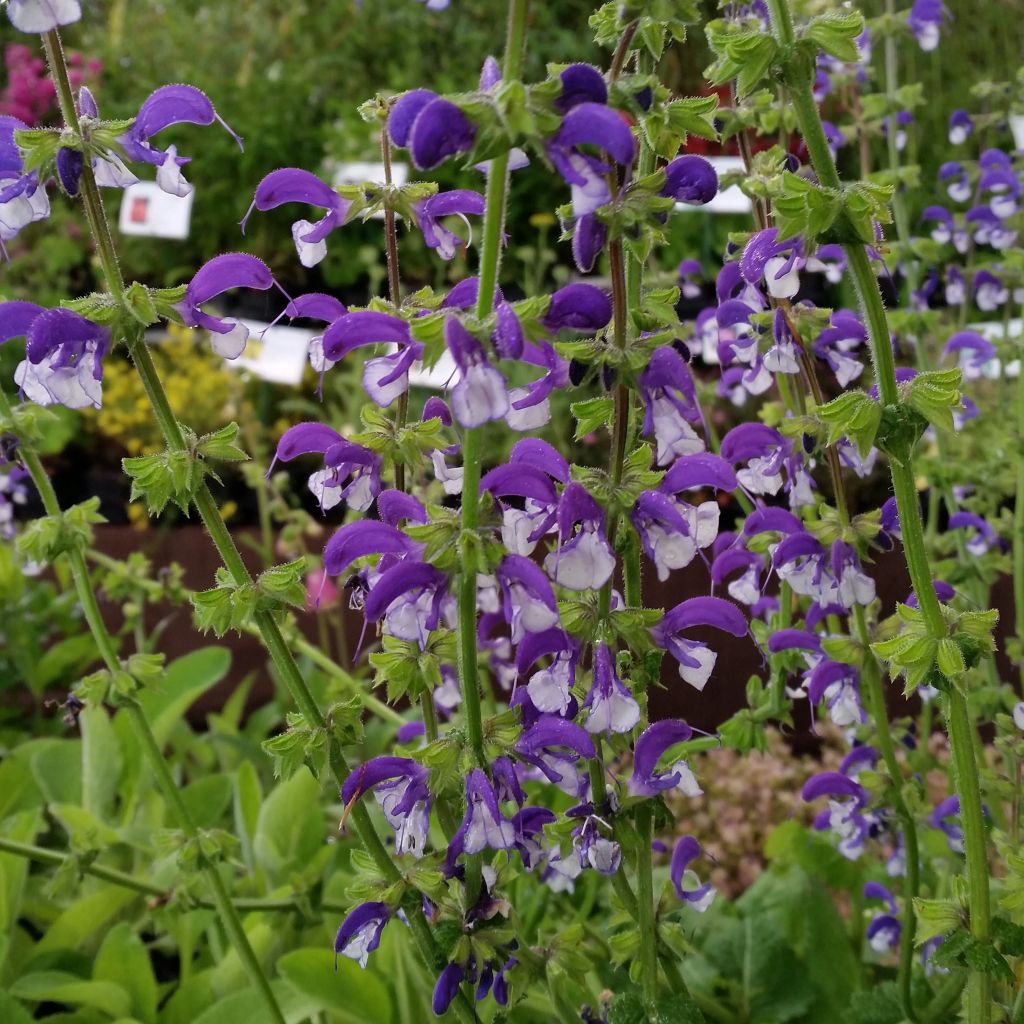

Salvia pratensis Madeline - Meadow Sage
Salvia pratensis Madeline - Meadow Sage
Salvia pratensis Madeline
Meadow Sage, Wild Sage, Meadow Clary
The plant started well and grew a lot (almost 1 m), but I am disappointed by the limited flowering compared to its size.
mcm, 22/08/2024
Special offer!
Receive a €20 voucher for any order over €90 (excluding delivery costs, credit notes, and plastic-free options)!
1- Add your favorite plants to your cart.
2- Once you have reached €90, confirm your order (you can even choose the delivery date!).
3- As soon as your order is shipped, you will receive an email containing your voucher code, valid for 3 months (90 days).
Your voucher is unique and can only be used once, for any order with a minimum value of €20, excluding delivery costs.
Can be combined with other current offers, non-divisible and non-refundable.
Home or relay delivery (depending on size and destination)
Schedule delivery date,
and select date in basket
This plant carries a 12 months recovery warranty
More information
We guarantee the quality of our plants for a full growing cycle, and will replace at our expense any plant that fails to recover under normal climatic and planting conditions.
Would this plant suit my garden?
Set up your Plantfit profile →
Description
The Salvia pratensis 'Madeline' is a new cultivar derived from meadow sage. This is pretty weed that invites itself into our ditches. It is a magnificent perennial, very bright and extremely floriferous, producing beautiful aerial clusters of small bicoloured blue-violet and white flowers throughout the summer. Hardy and cold resistant, it shows a very dense bushy habit and tall floral stems that can reach 75 cm (30in) in height, emerging from a fairly compact and densely leafy clump. This plant that is very easy to grow, ideal in borders or beds, in full sun or partial shade.
Native to Western Europe to the Caucasus, meadow sage is a perennial species, very hardy, that tolerates sun and drought-prone soils. The recently variety 'Madeline' is obtained from the Netherlands, and stands out with a very dense and erect habit, and bicoloured flowers. Its foliage is semi-evergreen, forming clumps that can cover 1m (3ft) in diameter. It produces multiflorous inflorescences in spring, borne on 75 cm (30in) tall spikes, with well-contrasted flowers, blue-violet surmounting a white lower lip. The flowers bloom from June and continue without interruption until August; they are highly valued by butterflies and bees. The leaves, deciduous, are ovate to oblong, rough, with crenate edges, forming beautiful vegetation.
Meadow sage 'Madeline is vigorous enough to outcompete weeds. Just like its blue ancestor, it excels on slopes, which it helps to stabilize with its deep anchoring roots, allowing it to draw moisture even during heatwaves. In this regard, it will be perfect for maintaining the soil in rockeries or banks near water sources. It is a very resistant plant, tolerating prolonged periods of drought and Spartan growing conditions. It tolerates limestone well, even growing on chalky hillsides, and endures rigorous winters without weakening. In beds, associate it with clary sage, common sage, alongside old roses and Nepeta x faassenii, lychnis coronaria.
With over 900 species of annuals, perennials, and soft-wooded shrubs, distributed across the globe, except in very cold regions and tropical forests, the genus Salvia is the richest in the family Lamiaceae. The name Salvia, dating back to Roman times, derives from the Latin salvus 'healthy' in reference to the medicinal virtues of common sage.
Report an error about the product description
Salvia pratensis Madeline - Meadow Sage in pictures
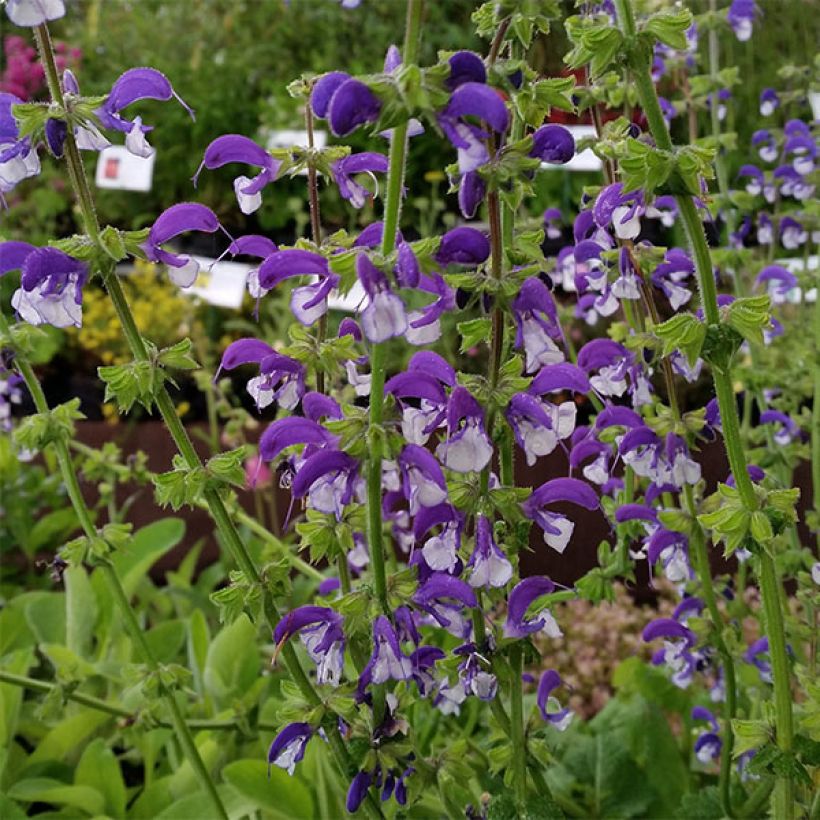

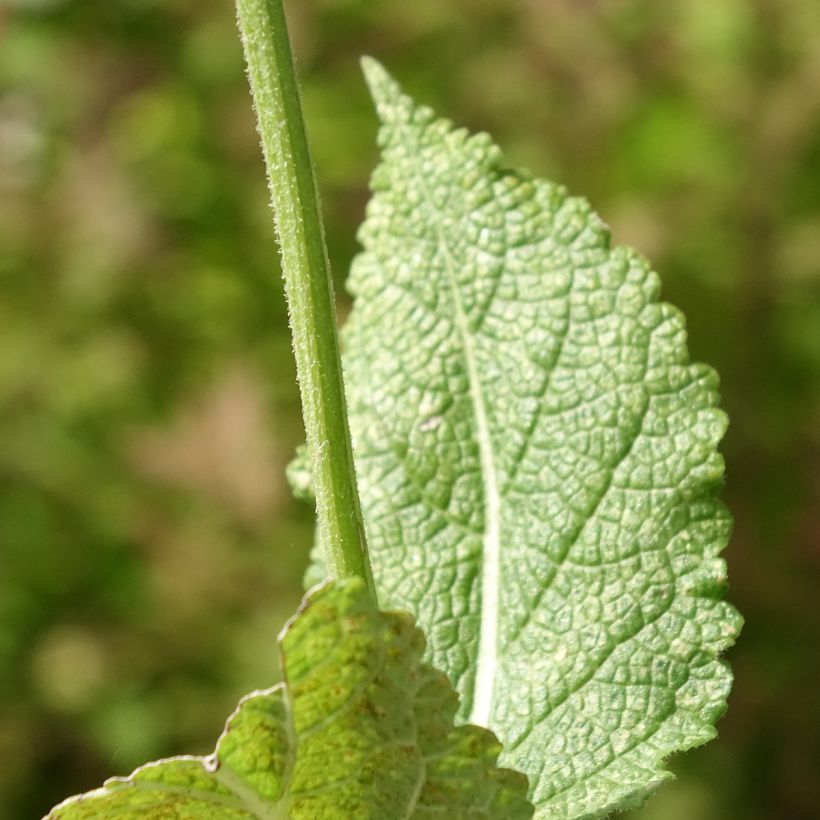

Flowering
Foliage
Plant habit
Botanical data
Salvia
pratensis
Madeline
Lamiaceae
Meadow Sage, Wild Sage, Meadow Clary
Cultivar or hybrid
Planting and care
Install the 'Madeline' sage in ordinary soil, even poor and rather chalky, but above all well-draining. This plant tolerates some drought. It does not appreciate heavy and waterlogged soils in winter, which can harm its hardiness. Place this plant in a sunny or semi-shaded exposure. It is an easy plant, very flowering. Fertilize in spring and then in April, cut all the branches in half. After flowering, cut the faded flower stems to stimulate and prolong flowering. To preserve the vitality of the sage, it is good to divide the plant after three years. Plant the new plants in well-worked soil: to improve slightly poor soil, mix in some horticultural compost.
Planting period
Intended location
Care
-
, onOrder confirmed
Reply from on Promesse de fleurs
Similar products
Haven't found what you were looking for?
Hardiness is the lowest winter temperature a plant can endure without suffering serious damage or even dying. However, hardiness is affected by location (a sheltered area, such as a patio), protection (winter cover) and soil type (hardiness is improved by well-drained soil).

Photo Sharing Terms & Conditions
In order to encourage gardeners to interact and share their experiences, Promesse de fleurs offers various media enabling content to be uploaded onto its Site - in particular via the ‘Photo sharing’ module.
The User agrees to refrain from:
- Posting any content that is illegal, prejudicial, insulting, racist, inciteful to hatred, revisionist, contrary to public decency, that infringes on privacy or on the privacy rights of third parties, in particular the publicity rights of persons and goods, intellectual property rights, or the right to privacy.
- Submitting content on behalf of a third party;
- Impersonate the identity of a third party and/or publish any personal information about a third party;
In general, the User undertakes to refrain from any unethical behaviour.
All Content (in particular text, comments, files, images, photos, videos, creative works, etc.), which may be subject to property or intellectual property rights, image or other private rights, shall remain the property of the User, subject to the limited rights granted by the terms of the licence granted by Promesse de fleurs as stated below. Users are at liberty to publish or not to publish such Content on the Site, notably via the ‘Photo Sharing’ facility, and accept that this Content shall be made public and freely accessible, notably on the Internet.
Users further acknowledge, undertake to have ,and guarantee that they hold all necessary rights and permissions to publish such material on the Site, in particular with regard to the legislation in force pertaining to any privacy, property, intellectual property, image, or contractual rights, or rights of any other nature. By publishing such Content on the Site, Users acknowledge accepting full liability as publishers of the Content within the meaning of the law, and grant Promesse de fleurs, free of charge, an inclusive, worldwide licence for the said Content for the entire duration of its publication, including all reproduction, representation, up/downloading, displaying, performing, transmission, and storage rights.
Users also grant permission for their name to be linked to the Content and accept that this link may not always be made available.
By engaging in posting material, Users consent to their Content becoming automatically accessible on the Internet, in particular on other sites and/or blogs and/or web pages of the Promesse de fleurs site, including in particular social pages and the Promesse de fleurs catalogue.
Users may secure the removal of entrusted content free of charge by issuing a simple request via our contact form.
The flowering period indicated on our website applies to countries and regions located in USDA zone 8 (France, the United Kingdom, Ireland, the Netherlands, etc.)
It will vary according to where you live:
- In zones 9 to 10 (Italy, Spain, Greece, etc.), flowering will occur about 2 to 4 weeks earlier.
- In zones 6 to 7 (Germany, Poland, Slovenia, and lower mountainous regions), flowering will be delayed by 2 to 3 weeks.
- In zone 5 (Central Europe, Scandinavia), blooming will be delayed by 3 to 5 weeks.
In temperate climates, pruning of spring-flowering shrubs (forsythia, spireas, etc.) should be done just after flowering.
Pruning of summer-flowering shrubs (Indian Lilac, Perovskia, etc.) can be done in winter or spring.
In cold regions as well as with frost-sensitive plants, avoid pruning too early when severe frosts may still occur.
The planting period indicated on our website applies to countries and regions located in USDA zone 8 (France, United Kingdom, Ireland, Netherlands).
It will vary according to where you live:
- In Mediterranean zones (Marseille, Madrid, Milan, etc.), autumn and winter are the best planting periods.
- In continental zones (Strasbourg, Munich, Vienna, etc.), delay planting by 2 to 3 weeks in spring and bring it forward by 2 to 4 weeks in autumn.
- In mountainous regions (the Alps, Pyrenees, Carpathians, etc.), it is best to plant in late spring (May-June) or late summer (August-September).
The harvesting period indicated on our website applies to countries and regions in USDA zone 8 (France, England, Ireland, the Netherlands).
In colder areas (Scandinavia, Poland, Austria...) fruit and vegetable harvests are likely to be delayed by 3-4 weeks.
In warmer areas (Italy, Spain, Greece, etc.), harvesting will probably take place earlier, depending on weather conditions.
The sowing periods indicated on our website apply to countries and regions within USDA Zone 8 (France, UK, Ireland, Netherlands).
In colder areas (Scandinavia, Poland, Austria...), delay any outdoor sowing by 3-4 weeks, or sow under glass.
In warmer climes (Italy, Spain, Greece, etc.), bring outdoor sowing forward by a few weeks.


































